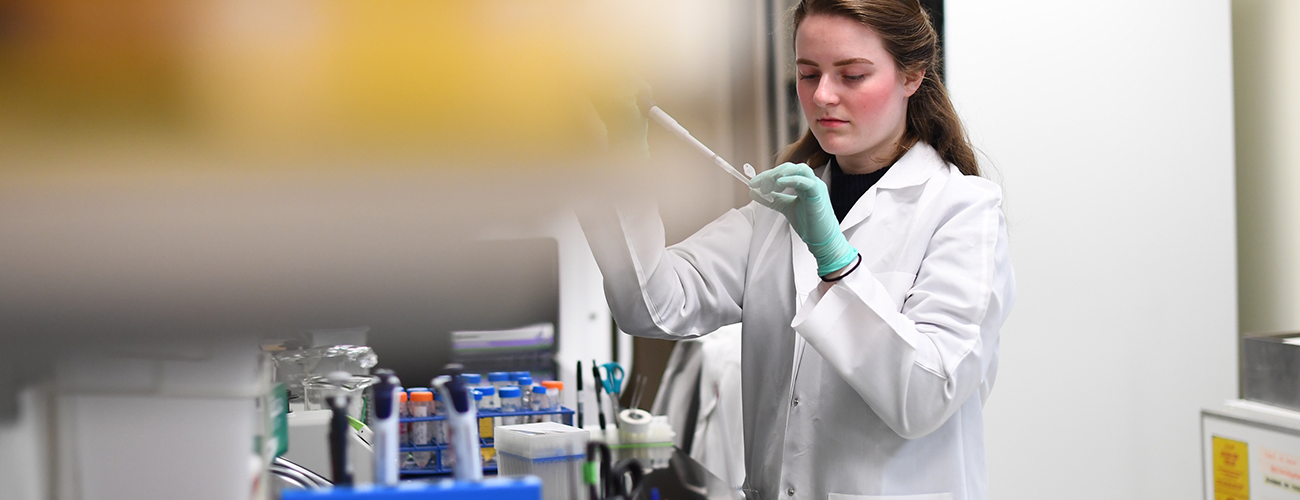Research Training Opportunities
Mass Eye and Ear
Gliklich Healthcare Innovation Scholar Program
The program seeks individuals looking for a mentored experience in innovation and the opportunity to make an impact on healthcare treatments, delivery, outcomes, or education through a focused project, protected time, and the rich, collaborative environment of Mass Eye and Ear/Harvard Medical School, nearby institutions and other resources.
Ophthalmology
Harvard-Vision Clinical Scientist Development Program (K12)
This career-development program, funded by the National Institutes of Health, provides a customized and structured experience for individuals who have either recently completed, or are about to complete, subspecialty/fellowship training.
Postdoctoral Training Program
If you have a PhD, MD, or other advanced degree, and are interested in a vision science career, you may be eligible for this intensive research training program at Mass Eye and Ear.
Molecular Bases of Eyes Diseases Training Program
This program, sponsored by the National Eye Institute, provides expert training in molecular approaches and techniques that can be applied to ophthalmology and vision research.
Otolaryngology
Postdoctoral Training Program
If you have a PhD, MD, or other advanced degree, you may be eligible for a postdoctoral position at one of the many ENT-related laboratories at Mass Eye and Ear. There are opportunities to study everything from hearing to head and neck cancer to behavioral disorders, and so much more. Those interested in a post-graduate research fellowship may contact our investigators directly or view our current openings
International Training Program
There are many opportunities for international students with are interested in the field of otolaryngology to study at Mass Eye and Ear. To learn more, please email ENTEducation@meei.harvard.edu.
Doctoral Research Training
Opportunities are available for doctoral candidates from the Harvard Program in Speech and Hearing Bioscience and Technology (SHBT) and the Harvard Program in Neuroscience to work in select laboratories of our otolaryngology investigators. The SHBT program is supported by a T35-training grant from the National Institute on Deafness and Other Communication Disorders (NIDCD).


